Chapter 7 bankruptcy allows you to wipe out unsecured debt– credit card bills, medical debt and other signature loans. However, secured debt–loans backed by collateral such as mortgages, car loans, or furniture, may be treated differently.
Secured loans actually contain two different kinds of obligations. First, there is the obligation that you, personally, will pay a particular debt. This is typically in the form of a promissory note. The second is the connection of specific item of property to the loan. This is called a security agreement.
When you file a Chapter 7 and a discharge is issued by the judge, your personal liability on your secured debt is extinguished. This is why payments on a non-reaffirmed car loan or home loan will not be reflected on your credit reports. You have no personal obligation to pay.
However, a Chapter 7 discharge does not extinguish the lender’s security interest against property, only your personal promise to repay the value of the loan according to its terms. A lender can still repossess your car or foreclose on your home. But, there is no personal liability for the deficiency.
If you are thinking of filing bankruptcy, The Lancaster Law Firm is here to help. We can help make your bankruptcy as painless as possible. Call us today for a consultation.
Jennifer M. Lancaster, Partner and COO

